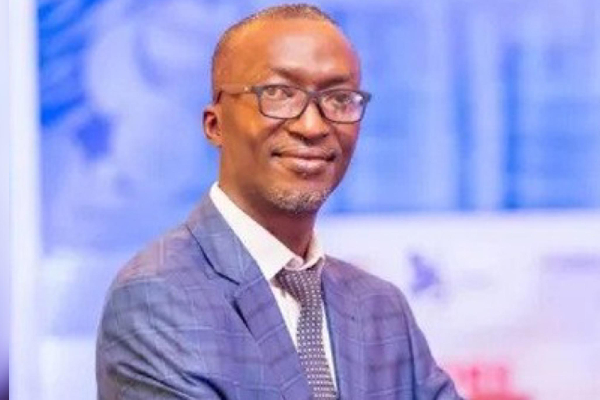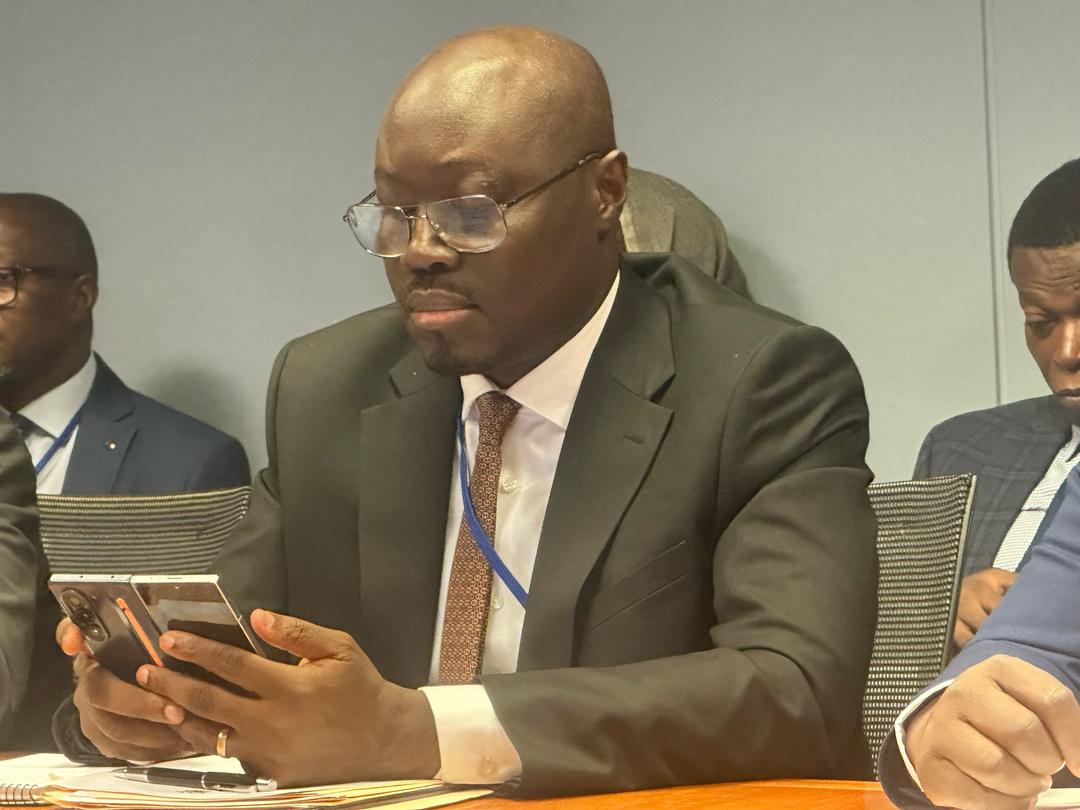'We should be building reserves, not playing with rates' - Prof. Bokpin warns of BoG currency strategy - MyJoyOnline
Economist Professor Godfred Bokpin says Ghana risks undermining long-term macroeconomic stability by manipulating exchange rates to curb inflation instead of building up foreign reserves.
In an interview on Newsfile, he argued that the Bank of Ghana’s current actions, while seemingly effective in the short term, may come at a long-term cost.
“This is not a blip,” he said, referring to the recent appreciation of the cedi.
“There are reasons for what is happening. It’s not purely accidental. From the 2025 budget, you could see that government’s intention was to stabilise the economy.”
Prof Bokpin acknowledged the coordinated efforts between the Finance Ministry and the Bank of Ghana, commending both the Finance Minister and the Governor for working in sync.
“There’s coordination going on toward a common goal,” he noted.
“From the fiscal side, there is expenditure-based consolidation. Government is not spending. And from the monetary side, there’s tightening.”
However, his main concern is how the central bank is using favourable FX inflows to pull down the exchange rate, potentially to artificially suppress inflation, rather than shoring up reserves.
“My suspicion is that the central bank is looking at how to drive down inflation from the point of view of exchange rates,” he said.
“But that is not sustainable. We should be building reserves. Not playing with rates.”
According to Prof Bokpin, the macroeconomic conditions may look stable on the surface—low government spending, subdued imports, improved FX flows—but that stability is fragile.
“Because we are not spending, imports are low. Demand is subdued. That creates the space for the central bank to come into the market, even with relatively small amounts, and cause the cedi to strengthen,” he explained.
“But the motive appears to be to manage inflation artificially.”
Bokpin said the move to strengthen the cedi mainly makes imports cheaper, which does not support job creation or local industry.
“That strategy does not create jobs,” he said flatly.
“From November 2023, inflation on locally produced goods is higher than imported inflation. That should worry us. You’re better off importing and paying all the port duties than producing locally.”
He believes the authorities are relying too much on the exchange rate to bring down inflation because they cannot address inflation from the supply side.
“If the consideration is that we can’t fix supply-side constraints, and so we focus on reducing demand, then I disagree with this approach,” Prof Bokpin said.
“We need supply-oriented policies. What we are doing now does not coexist with supply reforms.”
For him, it’s a question of priority and direction.
“The market has adjusted largely to ¢15 to $1. If you now drag it down further, to what end? What level is the Bank of Ghana targeting? That hasn’t been communicated. And that uncertainty can be disruptive,” he warned.
In his view, a more strategic approach would be to seize this window of relative calm and accumulate reserves to underpin future stability.
“What the market needs is stability. Not spikes and crashes. Stability. We should rather build our reserves,” he said.
“That allows predictability. That allows planning. That allows the cedi to be stable over the next 10, 15, 20 years.”
Prof Bokpin said he agreed with the First Deputy Governor’s claim that the Bank is not burning through reserves, but he warned of a slippery slope.
“Yes, we’re not below the floor set under the IMF programme. But we’ve breached that floor before—before the elections. So there’s a risk.”
He cautioned against sacrificing long-term resilience for short-term optics.
“Anytime the cedi strengthens, the real issue is: can it be sustained? If it can’t, then it creates volatility. And that is not good for planning, not good for business, not good for investment.”
As government spending remains low and FX flows are favourable, he believes the prudent choice is clear.
“This is the right timing. We have the space. We should be building reserves. Not manipulating rates.”
The Views, Comments, Opinions, Contributions and Statements made by Readers and Contributors on this platform do not necessarily represent the views or policy of Multimedia Group Limited.
The Views, Comments, Opinions, Contributions and Statements made by Readers and Contributors on this platform do not necessarily represent the views or policy of Multimedia Group Limited.









